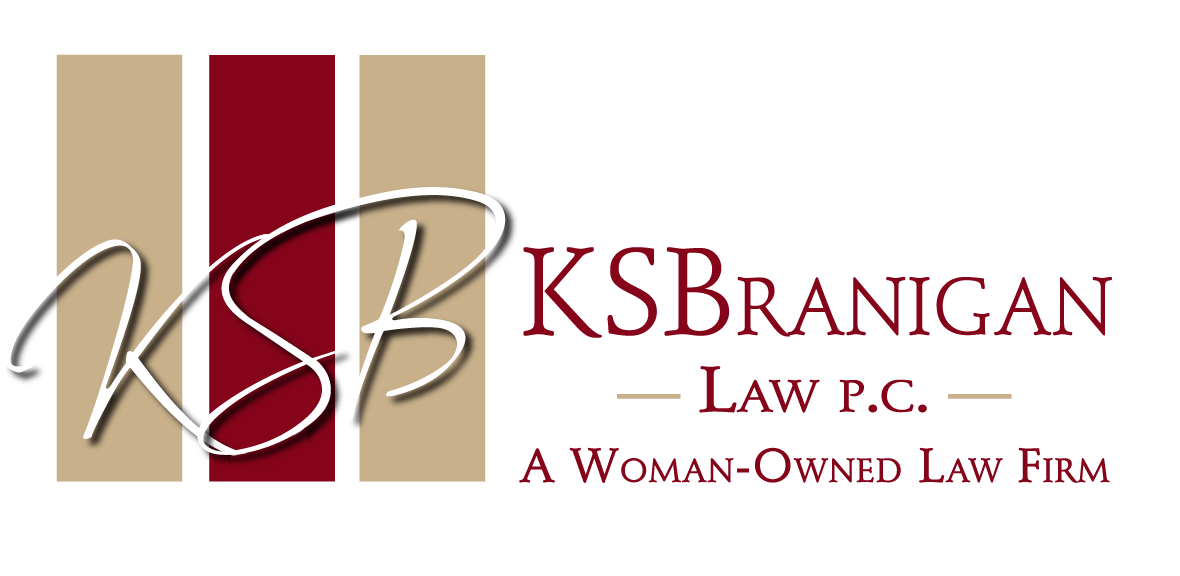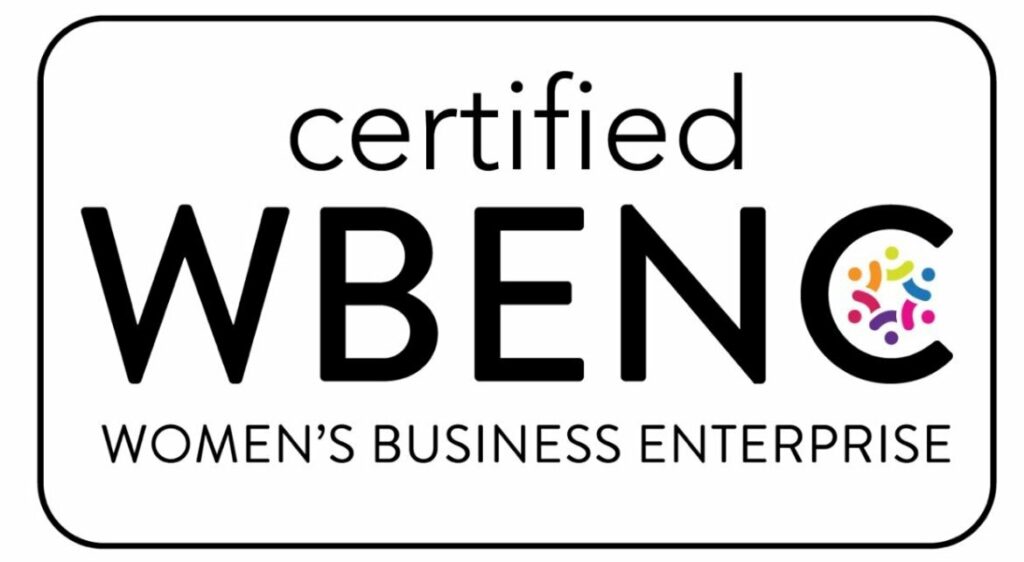Over the years, the breadth and scope of workplace investigation confidentiality rules has been scrutinized and debated. There is no question that some degree of confidentiality is appropriate during many types of workplace investigations, particularly for the duration of the investigation. Confidentiality requirements often protect the interests of both employers and employees.
However, depending upon the nature of the allegations and the breadth of the rules or instructions, restrictions could interfere with employees’ Section 7 rights to engage in “concerted activity” for the “mutual aid or protection of employees” under the National Labor Relations Act (NLRA), 29 U.S.C. Section 157. Conversely, the inability to require an appropriate degree of confidentiality, especially during an investigation, can compromise the investigation’s integrity. It can also result in an increased risk of interference, retaliation, and dissemination of employees’ sensitive personal information. Many employees prefer that their matters be handled with confidentiality.
In Stericycle Inc., 372 NLRB No. 113 (2023), the National Labor Relations Board (NLRB) overhauled the standard to assess the legality of workplace rules and policies and adopted a new approach to evaluate facially neutral employer rules that do not expressly restrict employees from engaging in protected concerted activity under Section 7. Confidentiality rules and instructions provided during a workplace investigation are one of many areas Stericycle impacts.
Prior NLRB Cases: ‘Apogee’ and ‘Banner’
Stericycle, a matter that involved workplace rules related to personal conduct, conflicts of interest, and confidentiality of harassment complaints, specifically overruled Apogee Retail d/b/a Unique Thrift Store, 368 NLRB No. 144 (2019). In Apogee, the NLRB held that confidentiality instructions/rules for the duration of investigations were presumptively lawful without a case-by-case balancing of interests because those rules played a key role in serving the employer’s interest in addressing complaints fully, fairly, and promptly as well as the employees’ interest in having an effective system in place to address and resolve workplace complaints based on accurate information.
Apogee had also overruled a prior NLRB case, Banner Estrella Medical Center, 362 NLRB No. 1108 (2015), 851 F.3d 35 (D.C. Cir. 2017), that prohibited overly broad workplace investigation confidentiality rules or instructions. Under Banner, an employer was required to show on a case-by-case basis that a rule restricting investigation discussions was warranted. Confidentiality rules were assessed based on whether the employer had a “legitimate and substantial business justification” that outweighed Section 7 rights (such as witness protection, the danger of evidence being destroyed, the fabrication of testimony, or prevention of a cover up). The Banner framework proved challenging in practice, including managing the competing interests between the NLRB in protecting employee concerted activity and the Equal Employment Opportunity Commission (EEOC) in protecting privacy of those involved in harassment complaints. Shifting away from Banner, the Apogee decision highlighted that employers have a legitimate interest in addressing complaints and investigating charges of alleged employee misconduct while employees have an interest in having a system in place to address and potentially resolve their complaints. The NLRB noted that the confidentiality rules at issue were narrowly tailored to limit the discussion of certain information related to and during an open investigation and did not restrict: (1) employee discussions regarding general workplace issues and disciplinary policies and procedures; (2) communications with the EEOC, the NLRB, or other federal or state agencies; or (3) communications with union representatives during investigations.
In Apogee, the NLRB noted four compelling reasons for maintaining confidentiality: (1) to ensure the integrity of the investigation; (2) to obtain and preserve evidence while employee recollections are fresh; (3) to encourage prompt reporting of a range of potential workplace issues without fear of retaliation; and (4) to protect employees’ sensitive personal information. The NLRB applied a three-category test for “facially neutral” workplace rules established in accordance with Boeing Company, 365 NLRB No. 154 (2017), to determine which work- place rules would potentially interfere with employees’ Section 7 rights.
The Apogee decision determined that “investigative confidentiality rules limited to the duration of open investigations will fall into Boeing Category 1, types of rules that the [NLRB] presumed to be lawful to maintain without engaging in a case-by-case balancing of interests.” Conversely, investigative confidentiality instructions/rules that went beyond limiting communications during open investigations would fall into Boeing Category 2 and require individual scrutiny to determine their lawfulness.
The Apogee framework was welcomed by many employers and workplace investigators because it allowed for greater clarity regarding confidentiality instructions, which could be critical under EEOC guidance, especially when dealing with sensitive sexual harassment complaints.
New ‘Stericycle’ Standard
In Stericycle, the NLRB adopted a new standard and criticized Boeing as permitting employers to adopt overbroad workplace rules that chilled employees’ Section 7 rights. Specifically, the NLRB found that the Boeing standard failed to account for the economic dependency of employees typically anxious to avoid discharge or discipline, who may reasonably construe an ambiguous workplace rule to prohibit statutorily protected activities and, therefore, may avoid engaging in that activity. The NLRB also critiqued the fact that Boeing’s balancing approach measured employers’ interests against employees’ interests without requiring rules to be narrowly tailored to serve an employer’s legitimate interests. As a result, Boeing permitted overbroad workplace rules so long as the employer’s interests did not outweigh the burden on employees’ rights regardless of whether a more narrowly crafted rule could minimize the burden on employees’ rights. In Stericycle, the NLRB reasoned that Boeing’s balancing test gave too much weight to the burden potentially imposed on employers’ interests and too little weight to the burden on employees’ Section 7 rights. The NLRB stated that the primary problem with Boeing’s categorical approach was that its typical application designated generally all workplace rules as lawful irrespective of their specific wording, the specific industry or workplace in which the employer maintained the rule, the specific employer interests that the rule purported to advance, or any number of context-specific factors that may have arisen in a particular case.
The Stericycle standard built on and revised a prior standard from Lutheran Heritage Village-Livonia, 343 NLRB No. 646 (2004). Under the modified standard as adopted in Stericycle, a workplace rule will be “presumptively unlawful” if the General Counsel of the NLRB can show that a challenged rule has a “reasonable tendency to chill” employees from exercising Section 7 rights.
In other words, rules will be evaluated from the perspective of an employee subject to the rules who is economically dependent on the employer and contemplates engaging in protected concerted activity. The employer’s intent in maintaining a rule is immaterial. The General Counsel will meet its burden if an employee could reasonably interpret the rule to have a coercive meaning, even if the rule could also be reasonably interpreted not to restrict Section 7 rights and the employer’s intent was not to restrict those rights.
After this showing by the General Counsel, an employer may rebut the presumption by proving that the rule advances a “legitimate and substantial business interest that cannot be achieved” by a more narrowly tailored rule. If the employer proves this defense, then the workplace rule may be found lawful to maintain. Through this standard, the NLRB rejected Boeing’s categorical approach and instead returned to a more particularized analysis of specific rules, their language, and the employers’ interests actually invoked to justify them.
The NLRB maintained that requiring employers to narrowly tailor their rules is a critical part of balancing employees’ rights of self-organization and employers’ interests in maintaining discipline by acknowledging the right of employers to craft rules that advance legitimate and substantial business interests while necessarily minimizing or eliminating the burden on employees’ rights. Further, an employer is in the best position to explain its legitimate and substantial business interest, how its rule advances that interest, and why a more narrowly tailored rule would fail to advance that interest.
Thus, when evaluating a potentially over- broad workplace rule, the NLRB will examine the specific wording of the rule, the specific industry, and workplace context in which it is maintained, the specific employer interests it advances, and the specific statutory rights it may infringe.
In the underlying Stericycle matter, even though the administrative law judge found the confidentiality restrictions to be unlawful, the matter was remanded for consideration consistent with the NLRB’s decision. When the ALJ issues a subsequent decision, practitioners should review that decision for guidance and additional clarity.
The NLRB maintained that this standard would apply to a number of workplace rules and referenced a number of cases that had applied the Boeing analysis but might have had a different outcome under Stericycle. Those cases included: prohibitions on recordings (AT&T Mobility, 370 NLRB No. 121 (2021)), social media policies (Medic Ambulance Service, 370 NLRB No. 65 (2021)), civility policies with respect to social media (Bemis, 370 NLRB No. 7 (2020)), and rules allowing the search of employee property on employer premises, including vehicles (Verizon Wireless, 369 NLRB No. 108 (2020)).
Finally, the NLRB pronounced that the new Stericycle standard will apply retroactively to pending cases.
For additional information on Stericycle, click here.
Takeaways
Based upon the Stericycle matter, employers are urged to engage in the following:
-
Review and update confidentiality rules/instructions, policies, forms, and documents to comply with the new standard.
-
Ensure any workplace rules are grounded in legitimate and substantial business interests, are narrowly tailored to achieve those interests, and the wording of the rules is clear and unambiguous.
-
Understand that the Stericycle standard will be applied to all types of workplace rules.
-
Employers should train on compliance any personnel involved in workplace investigations and/or those involved in the creation of policies.
-
Monitor for further clarification and updates.
On September 11, 2023 the New Jersey Law Journal published an article entitled “New ‘Stericycle’ Standard Impacts Workplace Investigation Confidentiality,” authored by Kirsten Scheurer Branigan, Carole Lynn Nowicki, and Beth P. Zoller which discussed the recent overhaul by the National Labor Relations Board (NLRB) in evaluating facially neutral employer rules and its impact on confidentiality rules and instructions in workplace investigations. Click here for a PDF.
For more information on KSBranigan Law’s HR on Trial Investigation Workshop, click here.
For more information on KSBranigan Law’s Investigation Services, click here.
This summary is for informational purposes only and is not intended to constitute legal advice. This information should not be reused without permission.


